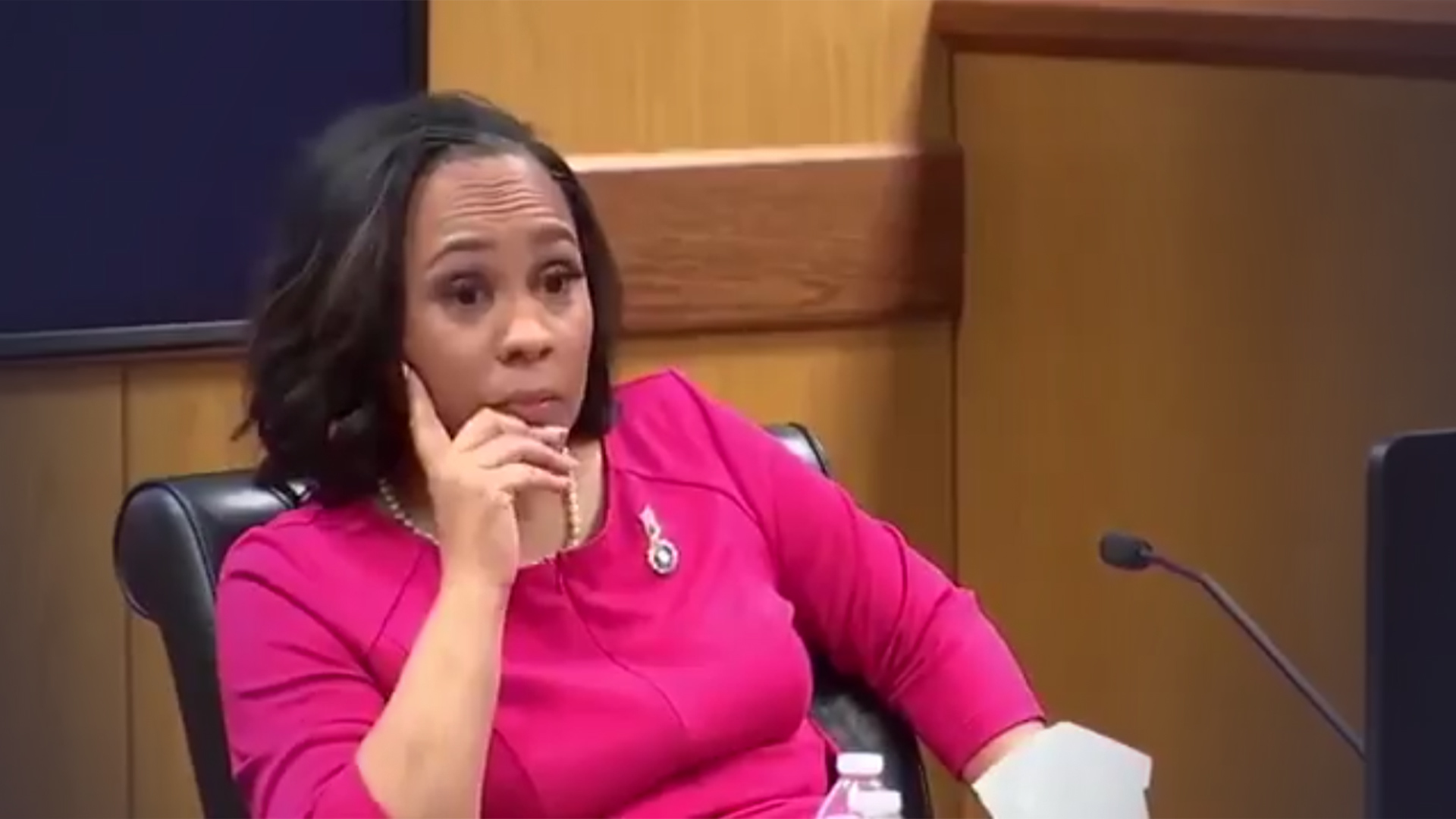The prosecutor in charge of the Trump case has been revoked
During the Trump campaign, the Department of Justice announced a criminal investigation into former President Donald Trump. However, as the investigation deepened, Trump began to question whether he met the legal requirements for prosecution.

Under US federal law, federal judges can authorize federal prosecutors to take criminal action when there is sufficient evidence that a defendant has committed a crime. However, Trump's lawyers claim presidents have an "absolute right to silence" under the 14th Amendment to the Constitution, meaning they have the right to refuse to answer any questions unrelated to the case and to maintain their innocence.
In addition, Trump also stressed that his rights are protected by the U.S. Constitution and state constitutions. Therefore, if he does not accept criminal charges, the judiciary may be seen as abusing his power and violating his personal freedoms.
However, Mr. Trump's defense did not gain traction. Ultimately, the US Supreme Court ruled that Mr. Trump did not meet the eligibility requirements in criminal proceedings. That led to his disqualification and no other way for him to regain it.
Overall, this incident reflects the limitations on the power of the US president and demonstrates the fairness and impartiality of the US legal system.